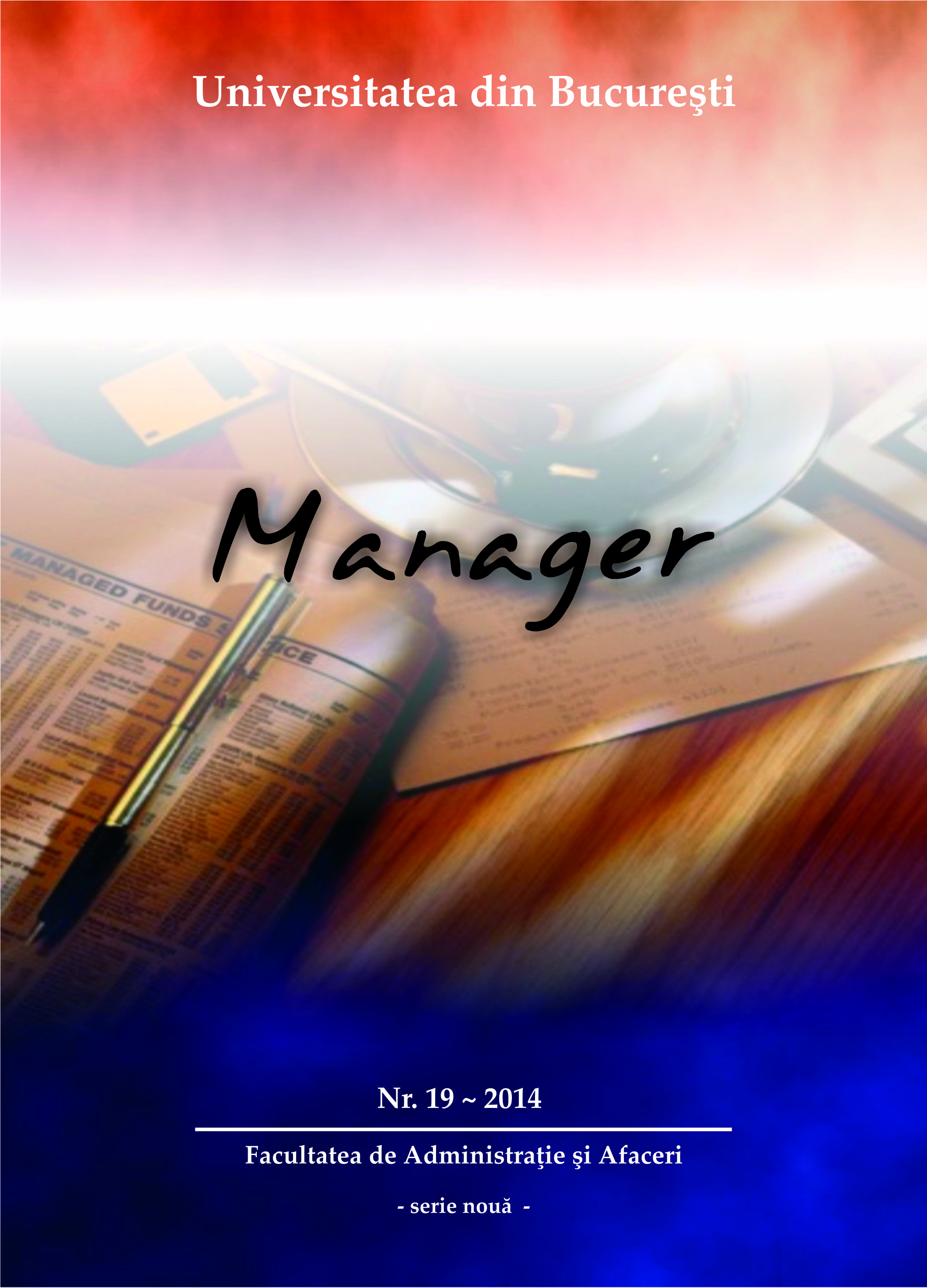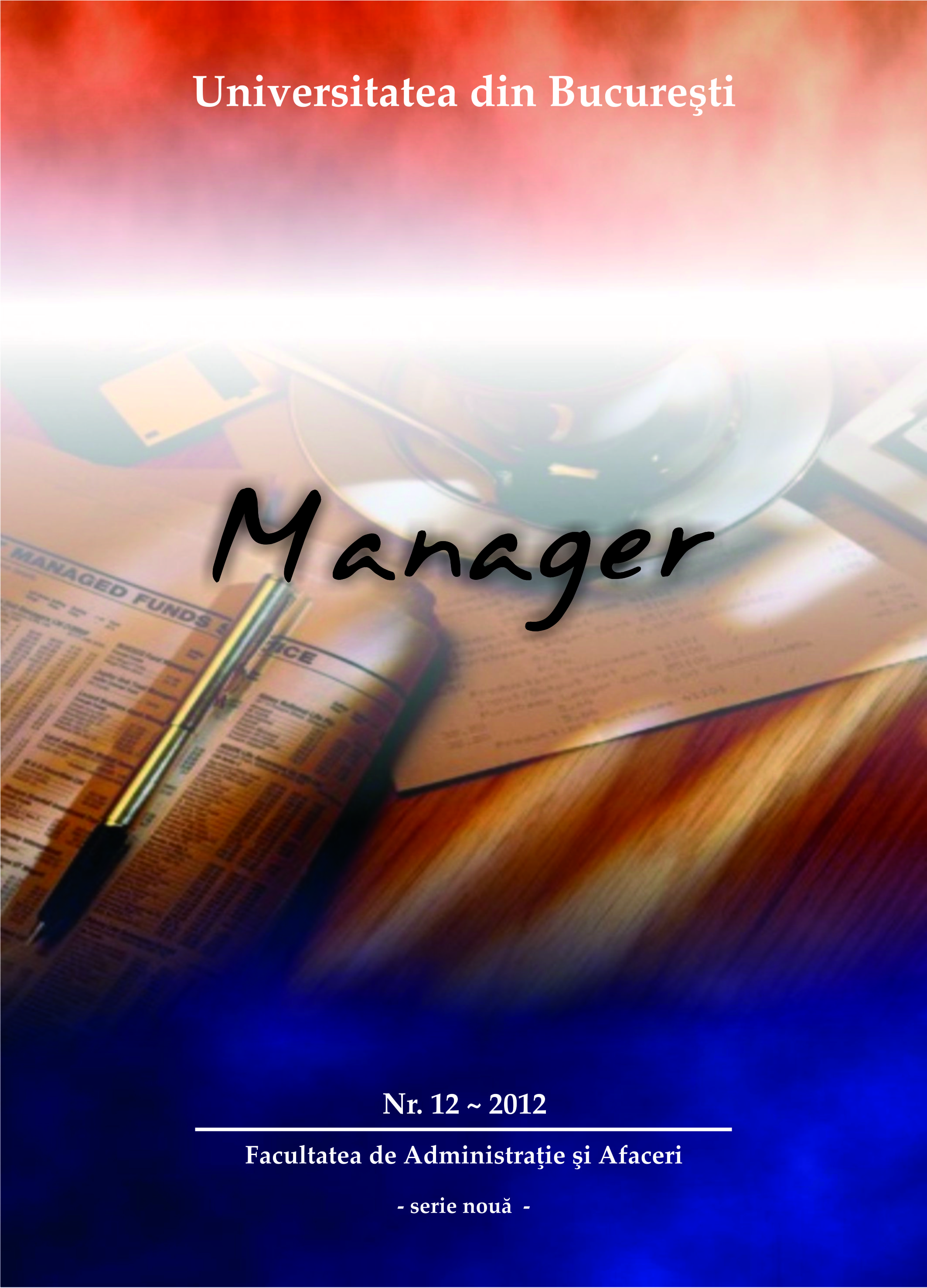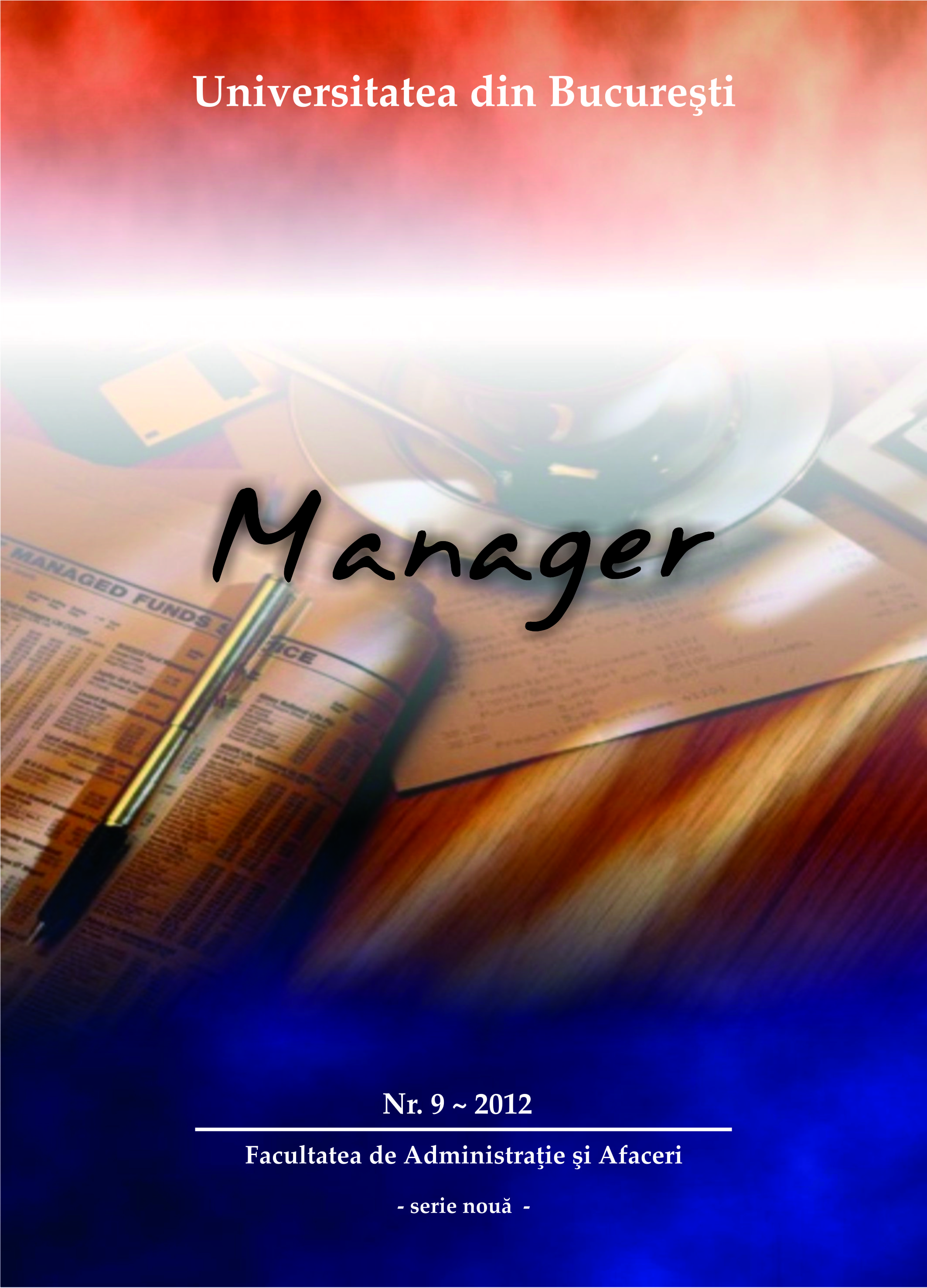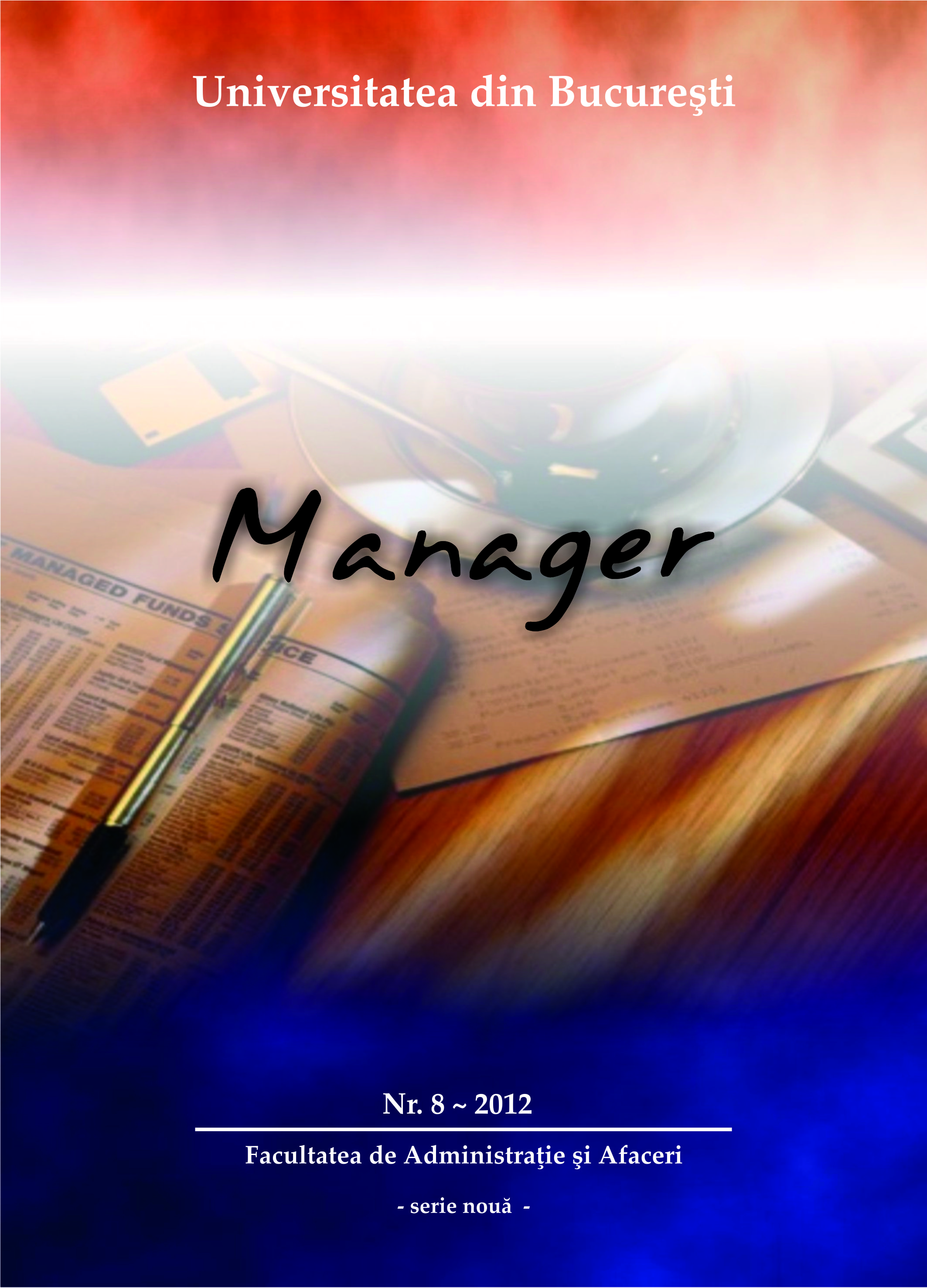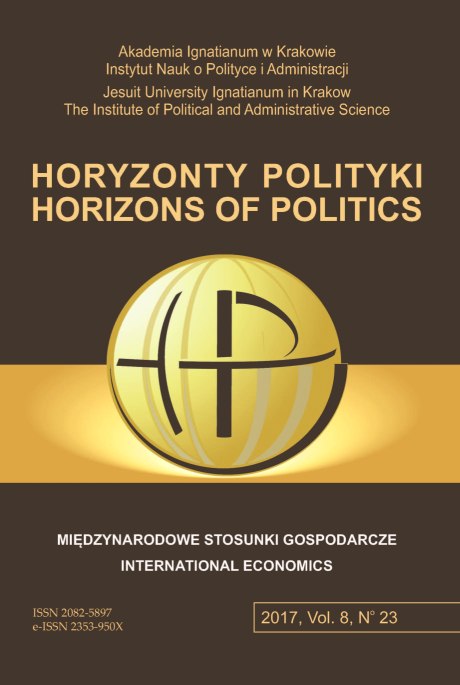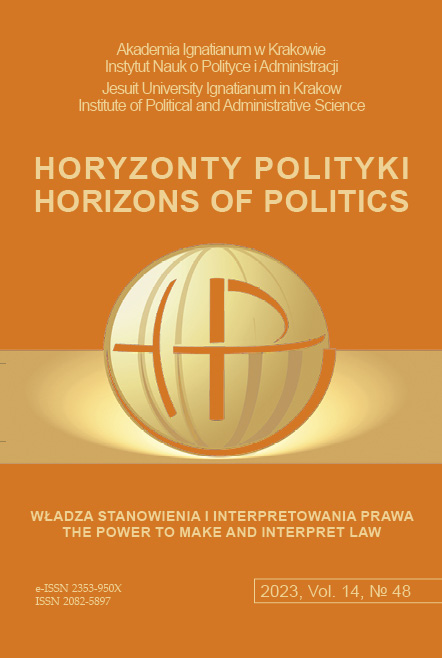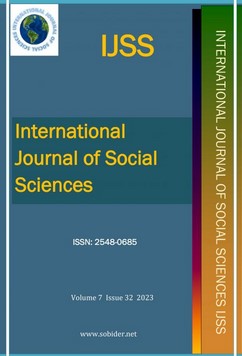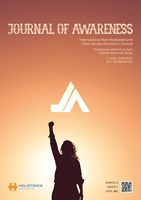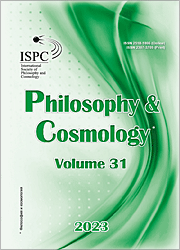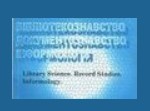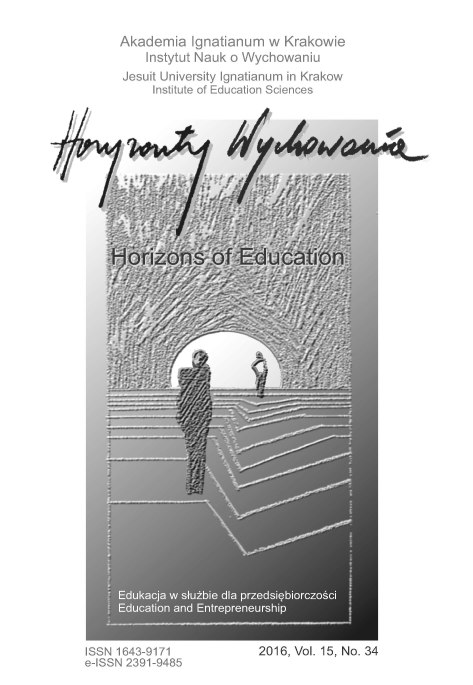
Academic Coaching Centre – przykład kreowania postaw przedsiębiorczych społeczności akademickiej
Research objective: The aim of the article is to verify the legitimacy of using coaching methods in developing entrepreneurial attitudes of students and to present activities undertaken by members of the Academic Coaching Centre (ACC) in the Faculty of Entrepreneurship and Quality Science of Gdynia Maritime University. The ACC uses the method of coaching to create and develop entrepreneurial attitudes among students. The research problem and methods: The research problem focuses on answering the following question: To what extent and scope, in the opinion of students, does the ability to use coaching methods contribute to the development of their entrepreneurship? The study was conducted with the use of a questionnaire sent to all 68 ACC members in the years 2012-2015. The respondents were, therefore, a general population and the survey can be considered complete. The process of data analysis was based on the classic measure of central tendency – the arithmetic average and the rate structure. The process of argumentation: Undertaking any business activity requires proper preparation of legal, technical and specific competencies. The role of university education, among others, is to ensure education on the academic level, and, as a result, to prepare students for their future careers, often in the form of self-employment. How, therefore, can we encourage the development of academic entrepreneurship among students so that they can be ready to take up economic activities, in terms of knowledge, skills and specific competencies? Research results: The results of the study allow us to verify the research problem. 94% of respondents see tangible benefits of coaching in shaping the entrepreneurial mindset and the development of potential career related to business activities. Conclusions, innovations and recommendations: Taking into account the opinions of the respondents, the method of coaching can be recommended as an effective way of promoting development and of shaping entrepreneurial attitudes among students from different fields of studies.
More...
